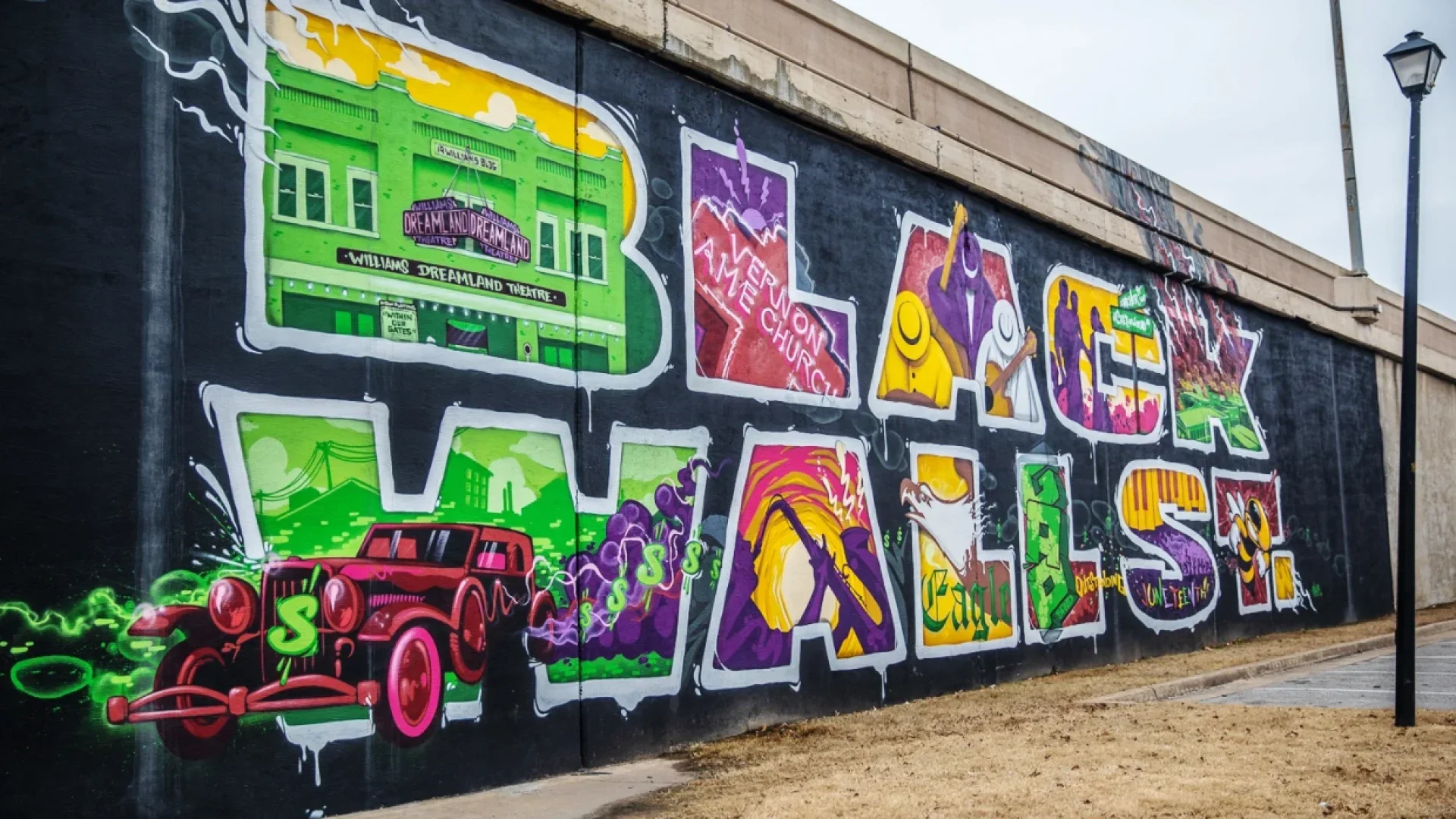
More than a century after the nation’s deadliest race massacre, the Senate is considering a bipartisan bill to grant national monument status to Greenwood, Oklahoma, also known as “Black Wall Street.” Senate Bill 3543, introduced by Senators Cory Booker (D-NJ) and James Lankford (R-OK), has garnered support from both sides of the aisle.
This bill aims to designate the Greenwood neighborhood as a national monument, ensuring the preservation of its historical significance through the support of the National Park Service.
On May 15, Senators Booker and Lankford testified before the Senate Energy Subcommittee on National Parks to advocate for the bill. They highlighted the importance of acknowledging Greenwood’s past, particularly the 1921 Tulsa Race Massacre, which remains one of the most horrific and often overlooked tragedies in American history.
Prior to the hearing, descendants of the Tulsa Race Massacre took to Capitol Hill to push for the monument status. Led by Tiffany Crutcher, head of the Terence Crutcher Foundation, and Reuben Gant, executive director of the John Hope Franklin Center for Reconciliation, the group met with lawmakers and submitted their written testimonies to the congressional record.
The Historic Greenwood District Black Wall Street National Monument Coalition emphasized the critical need for this designation, stating it would “help catalyze the resurgence of this economic and cultural hub after the 1921 Tulsa Race Massacre gutted one of the most remarkable success stories that America has ever seen,” ABC News reports.
The Coalition urged the subcommittee to act swiftly to preserve Greenwood’s rich heritage and the invaluable lessons it holds.
“May 31, 2024, marks 103 years since the start of a ruthless effort to wipe Black Wall Street off the map and a state-sponsored campaign to erase it from America’s memory,” the Coalition stated. “With one voice, we stress to this subcommittee that the time is now to help us preserve the rich heritage and lessons that make this community such an indelible part of our nation’s story.”
The movement has gained significant momentum, in part due to the advocacy of the last two living survivors of the massacre: Viola Fletcher, known as “Mother Fletcher,” who recently turned 110, and Lessie Benningfield Randle, known as “Mother Randle,” who is 109. Their enduring presence and compelling testimonies add a deeply personal and powerful dimension to the call for national recognition of Greenwood’s historical importance.